Emotional intelligence (EQ) is the ability to be aware of one’s own emotions and the emotions of others, and to manage them in a productive and empathetic manner.
Studies suggest that EQ is as important as IQ for success in a sales role, with emotionally intelligent sales professionals performing better than their non-emotionally intelligent peers. In the pharmaceutical industry, an 18-percent increase in EQ was associated with a 12-percent jump in sales productivity.
The following sections cover the different ways EQ can impact sales success.
Relationship Building
Relationship building is critical for sales success, and sales reps with high emotional intelligence build genuine relationships easier and faster.
When a sales professional has a genuine relationship with a client or prospective client, they can better understand the client’s needs and tailor solutions to those needs.

It’s also easier for a sales rep to overcome objections when a strong relationship exists. High-EQ sales reps can get around roadblocks in the sales process by empathizing with customers and addressing their concerns.
Resilience
Resilience is also crucial for sales professionals. One day in a sales job might bring a big win, the next a devastating loss. A resilient sales rep can keep their emotions steady amid these ups and downs.

Sales professionals with high emotional intelligence tend to be more resilient, allowing them to remain positive amid rejection, avoiding negative emotions and maintaining motivation. A resilient sales rep who can handle pressure and keep their cool even in challenging situations will not only perform better over time but will get more fulfillment out of their career.
Active Listening
Sales reps with high emotional intelligence are better active listeners. Active listening is a critical skill in a sales career because it enables sales reps to focus on what the customer is saying understand how they are feeling, rather than letting their own opinions on the situation (or their desire to close the sale) to get in the way.

Listening to the customer and empathizing with what they’re saying enables a sales rep not only to gain a better understanding of the customer’s needs but to establish trust and rapport, both of which are necessary to close big sales with regularity.
Conflict Resolution
In any sales job, conflicts are sure to arise. It’s inevitable. Sales reps who learn to resolve conflicts amicably are the ones who succeed over the long run.
Emotional intelligence plays a crucial role in conflict resolution by helping sales professionals manage their behavior, maintain social awareness, and communicate effectively and diplomatically.
Rather than retreating into a defensive posture or becoming combative, high-EQ sales reps state their positions calmly, ask thoughtful questions and, most importantly, listen more than they talk. They can understand and empathize with the other person’s point of view, enabling them to come up with solutions that meet everyone’s needs.

Leadership
It’s almost impossible to become an effective sales leader without having high emotional intelligence. Leaders excel in communication, problem-solving and decision-making.

They can quickly establish trust and build strong relationships. They also know how to stay calm under pressure and settle the conflicts that inevitably arise among team members. None of these skills are possible without emotional intelligence.
To learn how to increase your sales team’s productivity by boosting their EQ, contact Core Management Training today.



